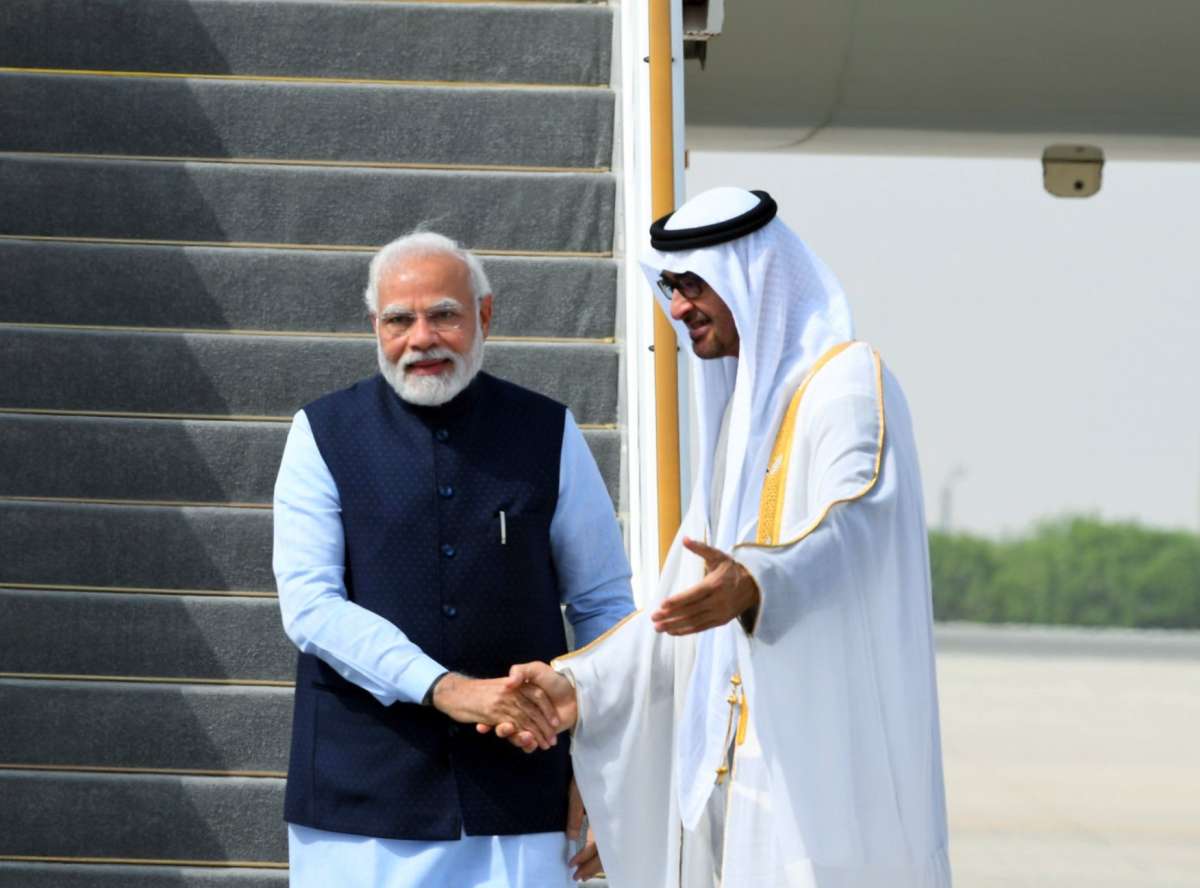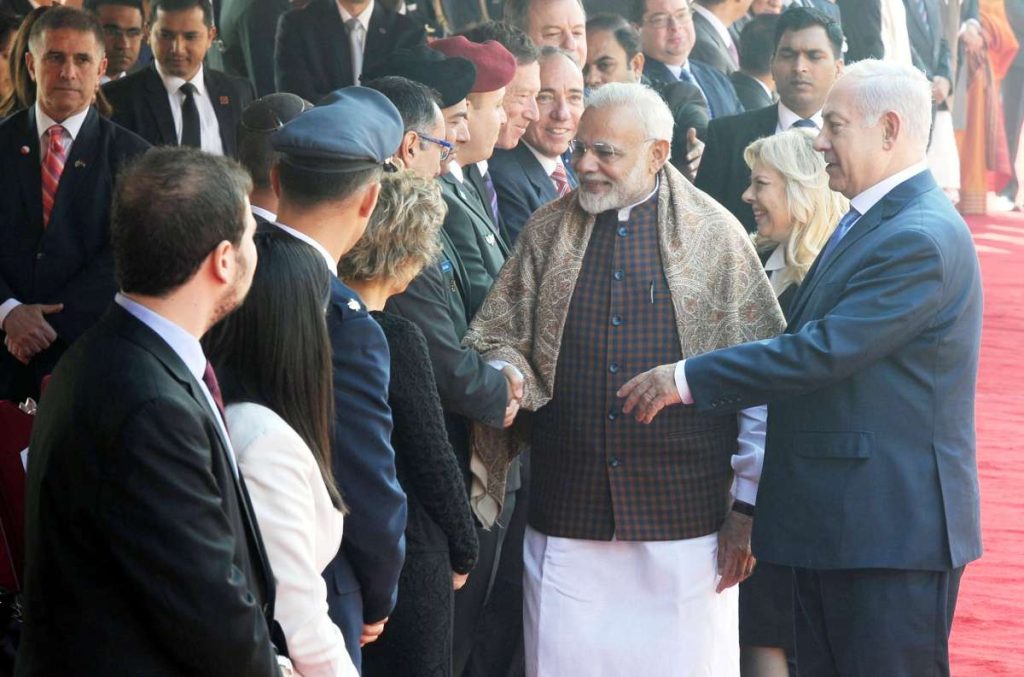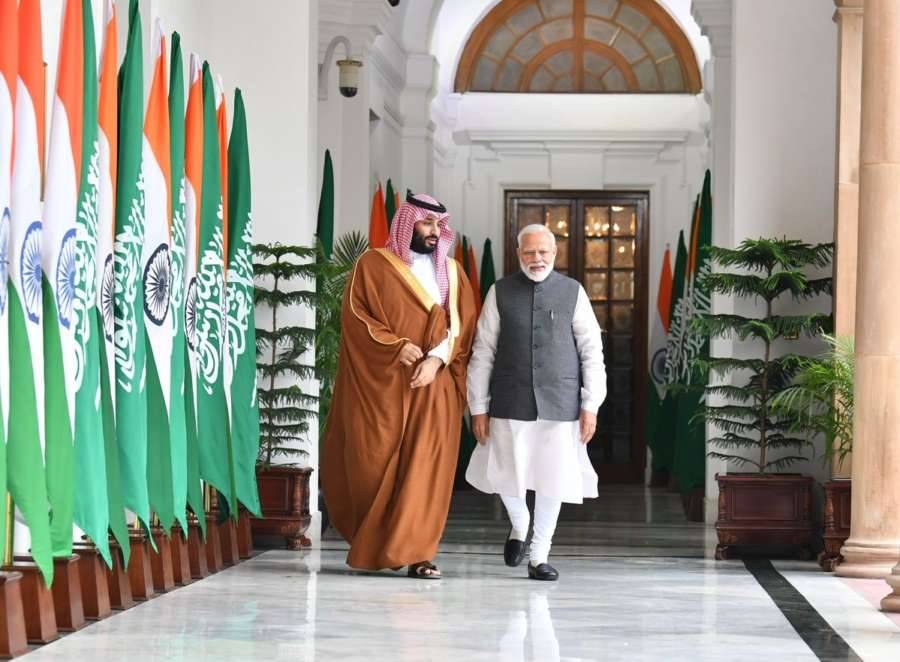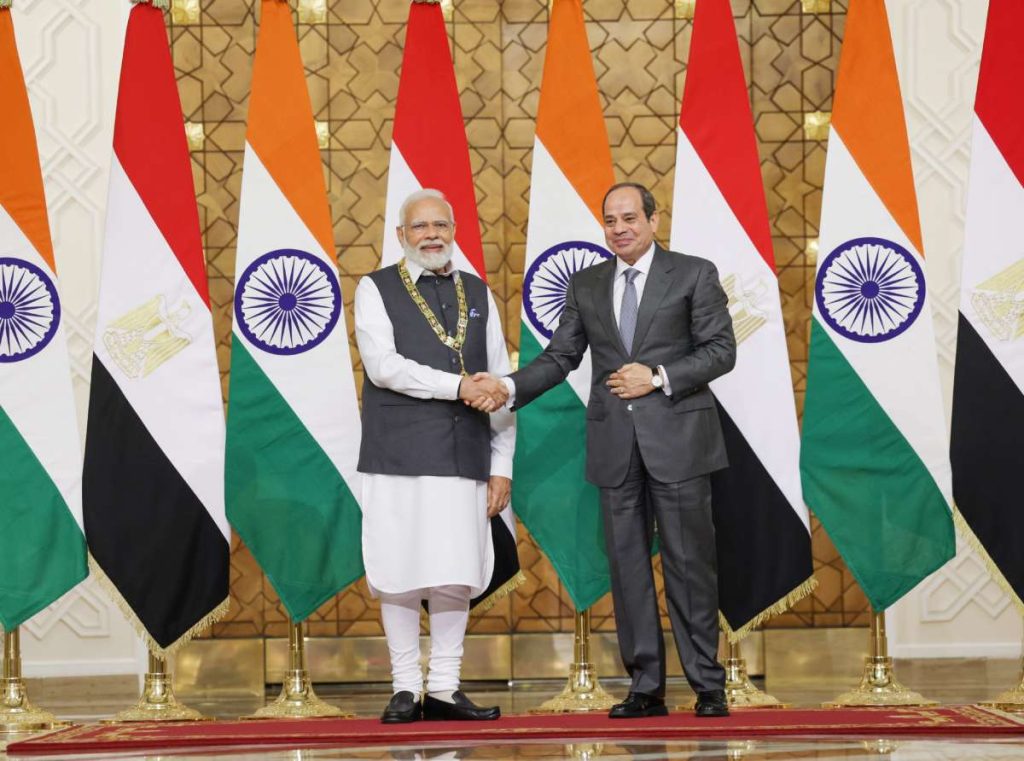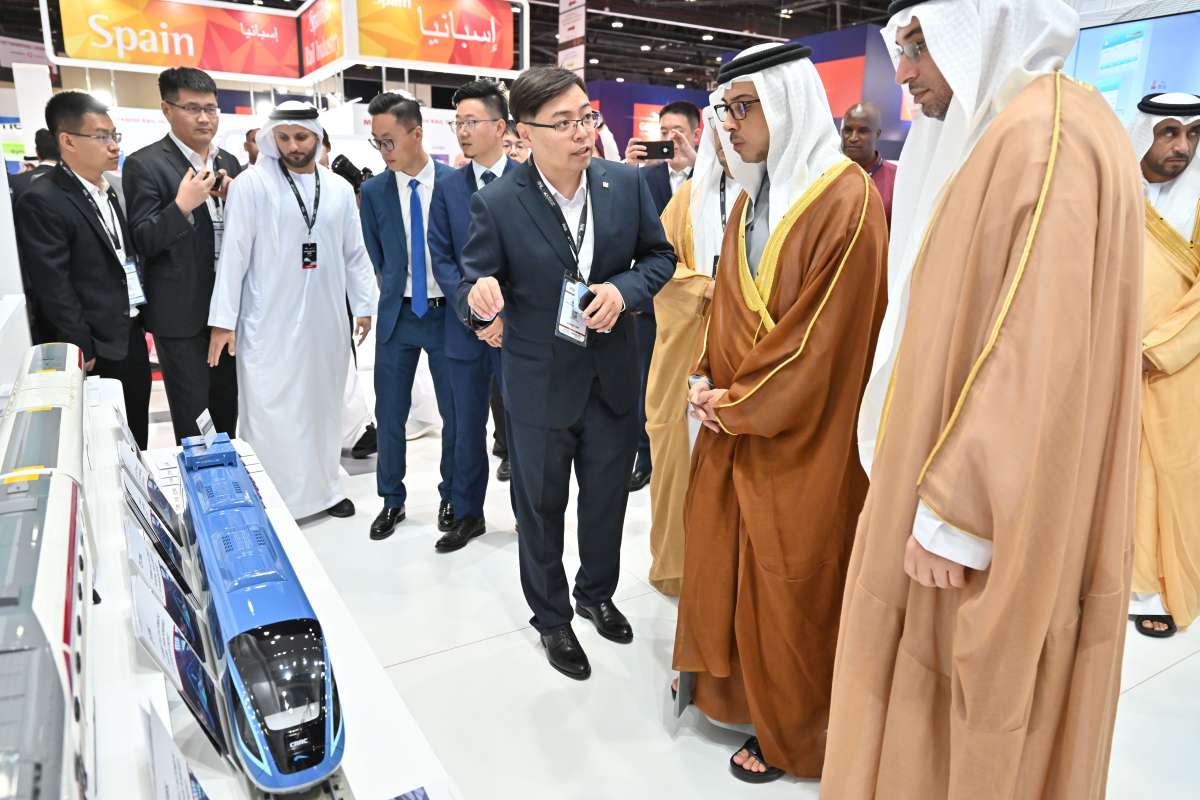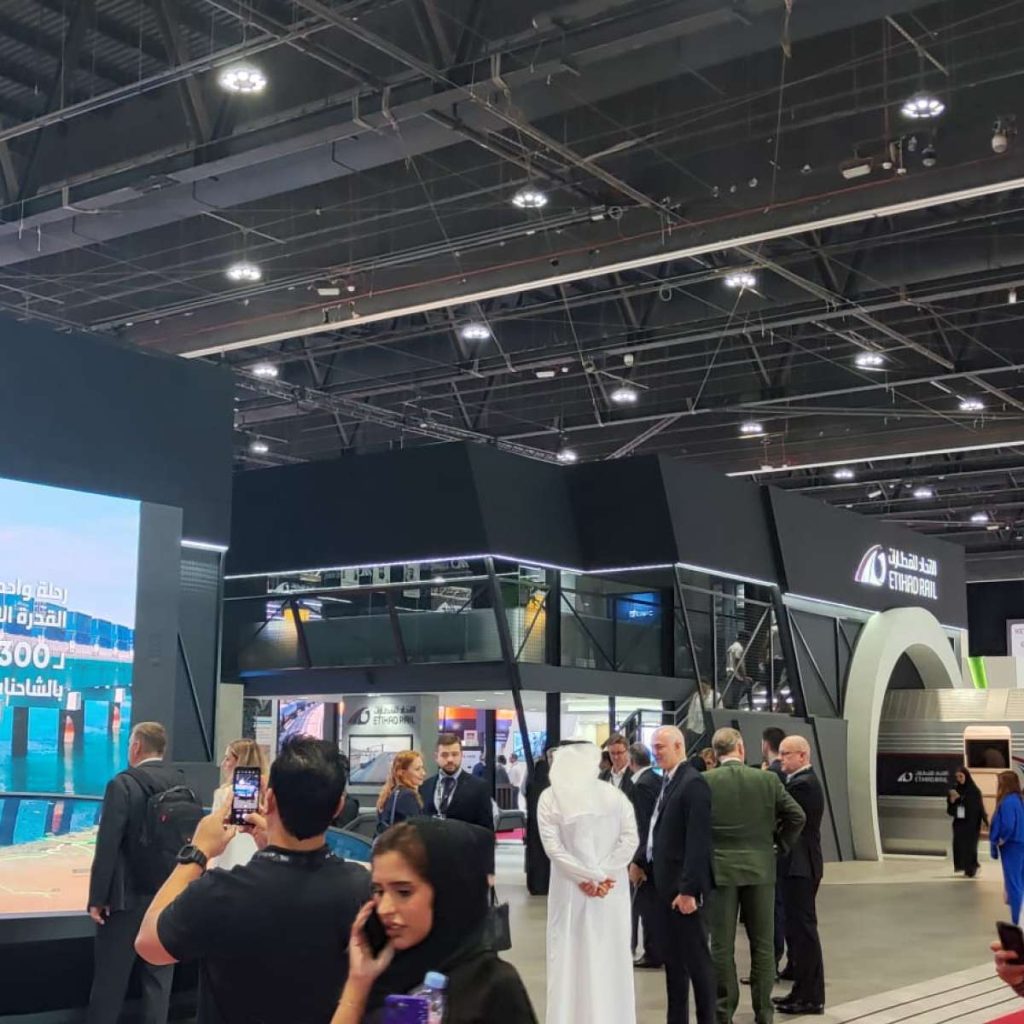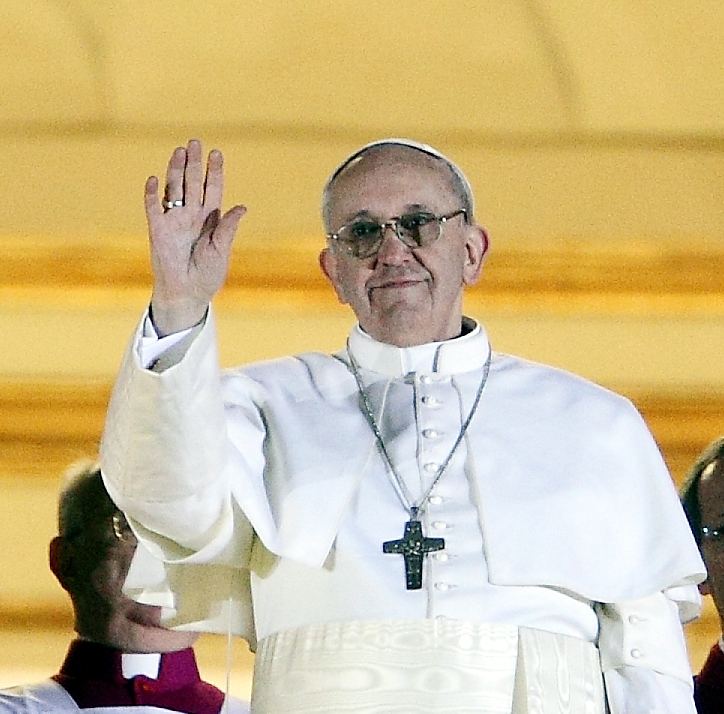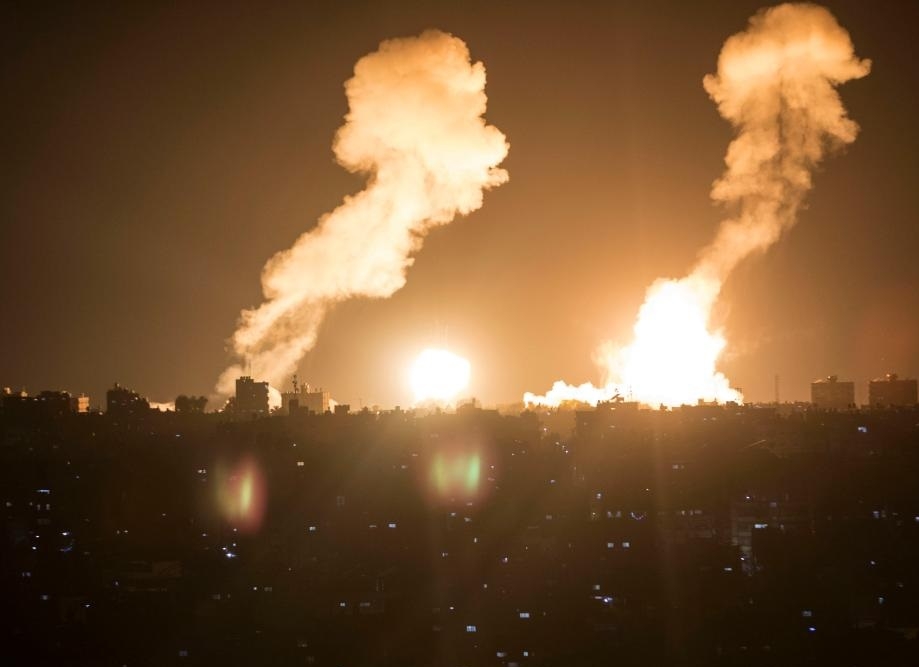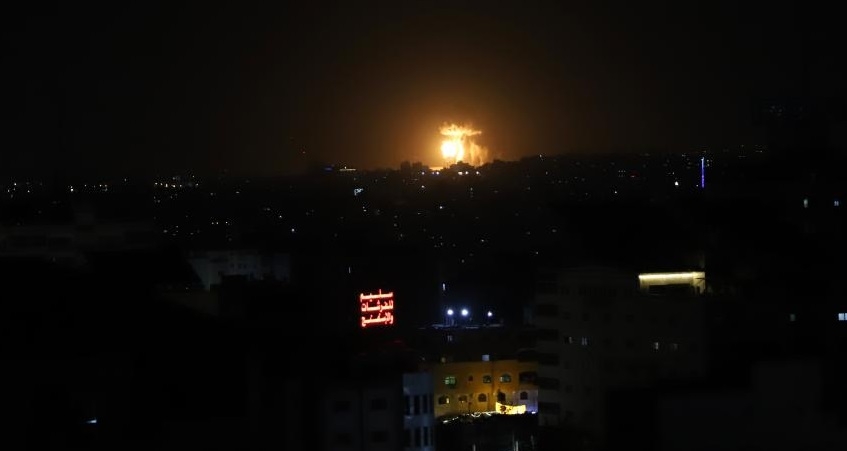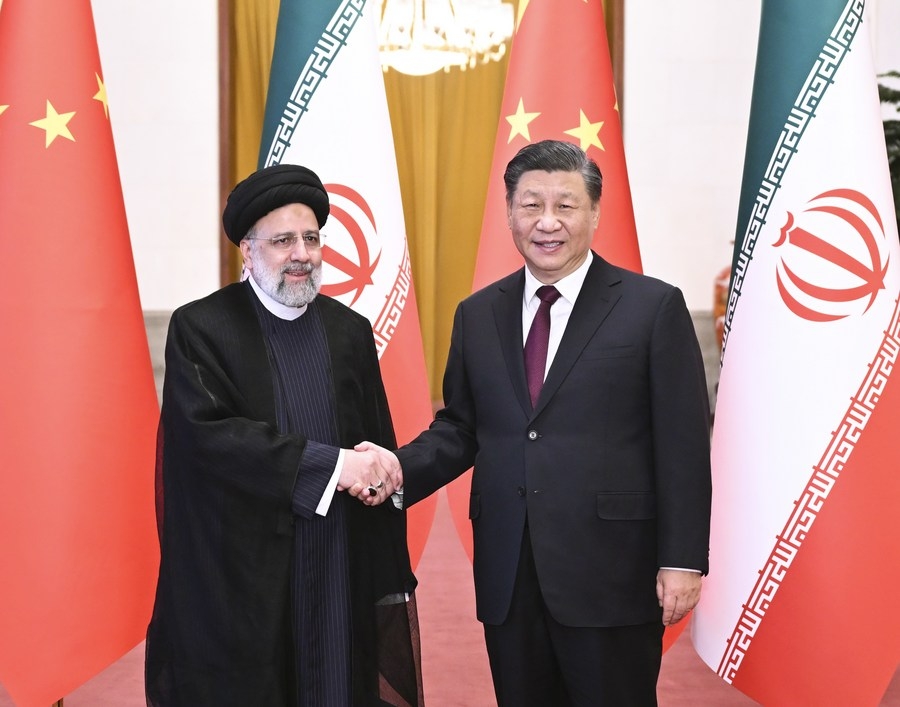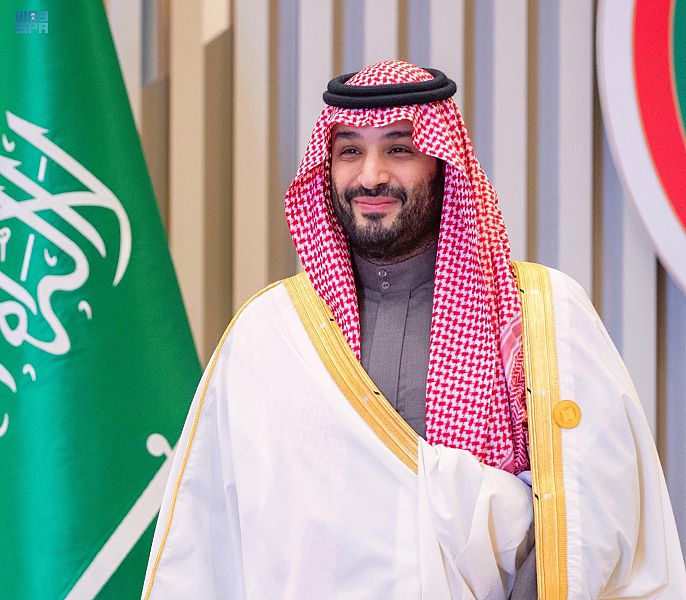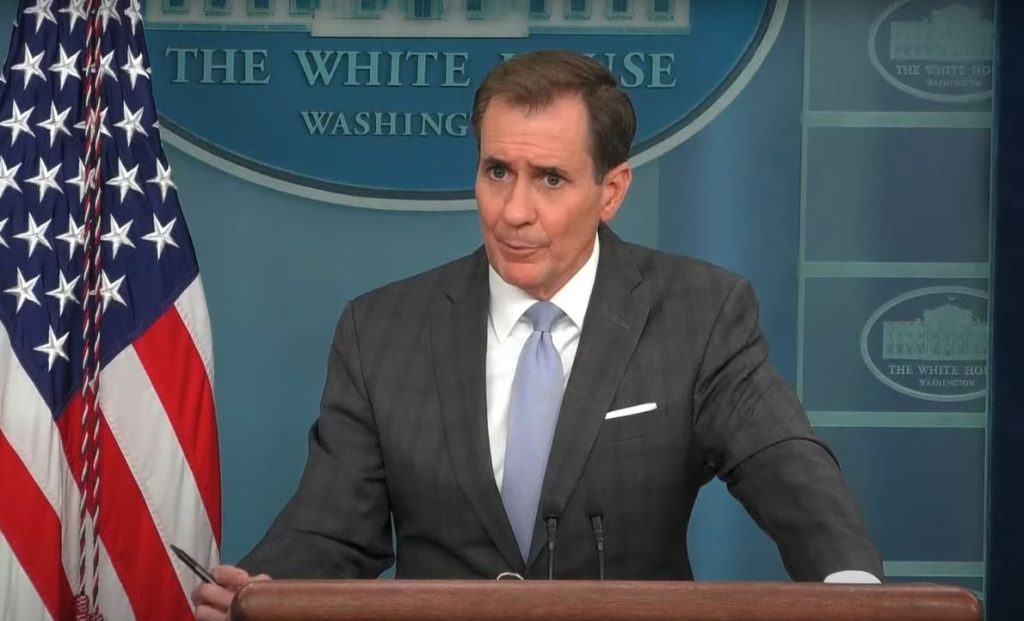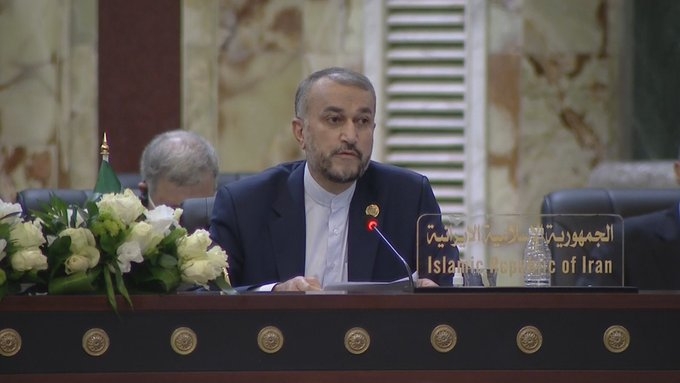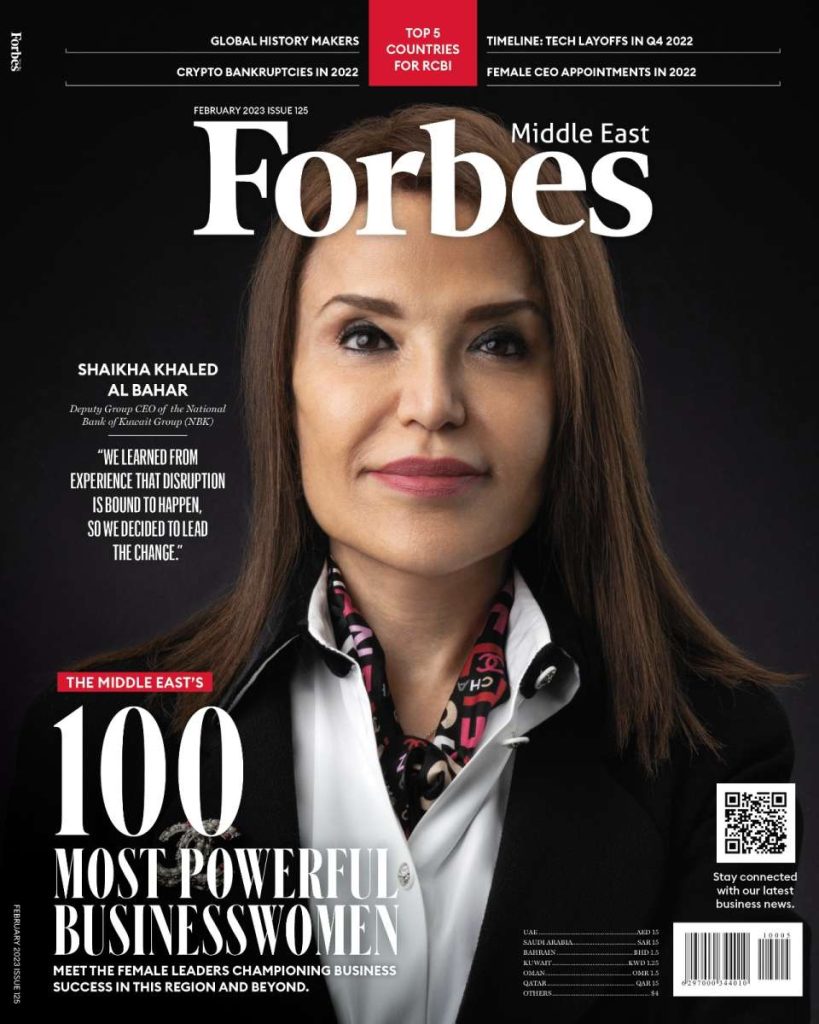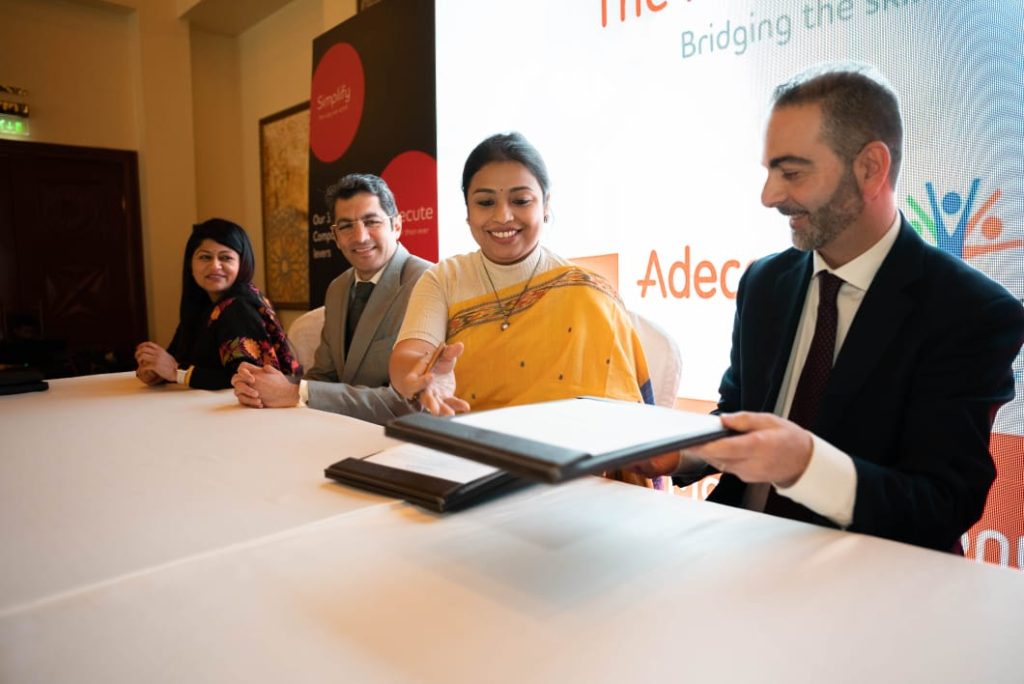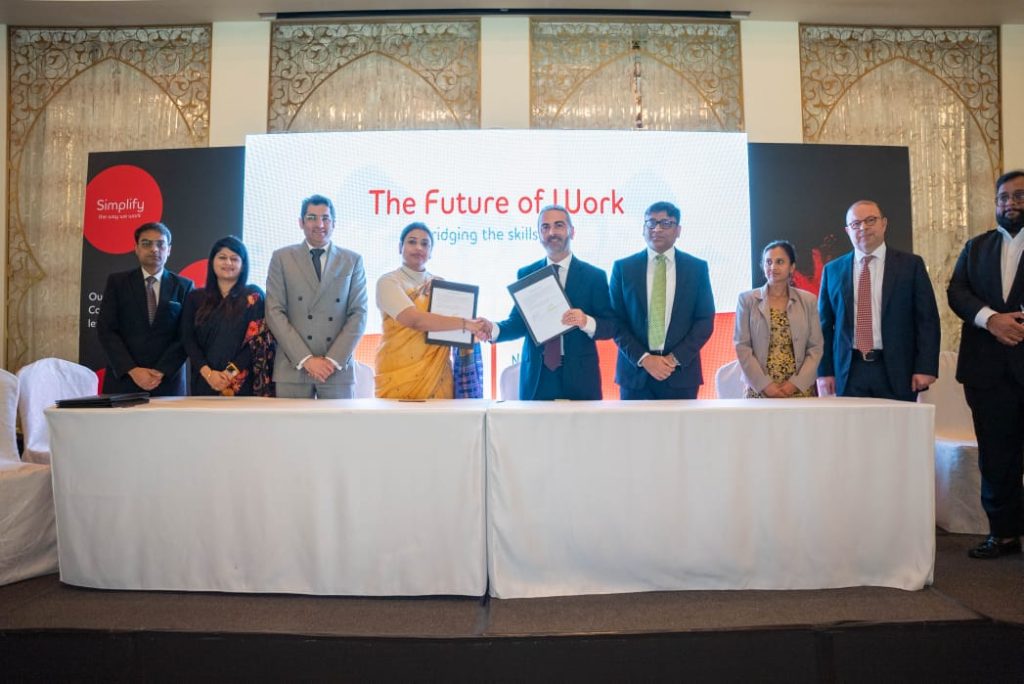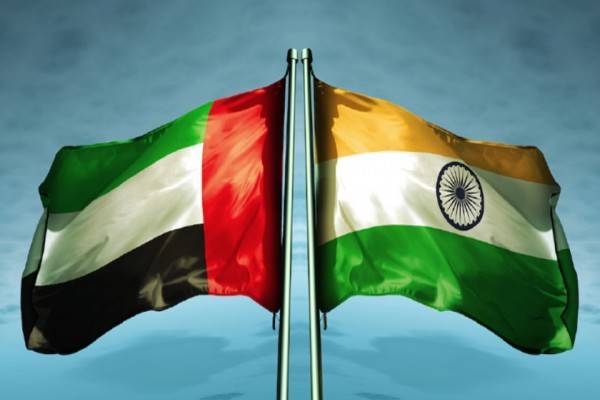The leaders across the region are aware that oil and gas will not be the main economic drivers forever, and many are now attempting to diversify their economies and expand their non-oil sectors…reports Asian Lite News
Oil rich Gulf countries are turning to another form of energy production that could transform their economies and curb carbon emissions in the coming years, the Al-Attiyah Foundation explores in its latest Sustainability Research Paper titled “Green Hydrogen Opportunities for the Gulf Region”.
Middle Eastern nations have abundant reserves of oil and gas. The Gulf Cooperation Council (GCC) countries possess approximately 25% of the world’s oil reserves and around 18% of the global natural gas reserves.
However, leaders across the region are aware that oil and gas will not be the main economic drivers forever, and many are now attempting to diversify their economies and expand their non-oil sectors.
Green hydrogen production is one of the areas the region is starting to heavily invest in. The process uses renewable energy to produce the element through electrolysis where water molecules are split into hydrogen and oxygen, capturing, and storing the hydrogen for use as fuel.
Hydrogen, the lightest and most abundant element in the universe, can be used for a wide range of applications, including power generation, energy storage, and transportation (particularly heavy transportation such as shipping and trucking). It can also be used to make sustainable aviation fuel (SAF), and most crucially, it offers a way to decarbonise “hard-to-abate” industries such as steel, aluminium, and cement, where using renewable energy alone is not possible, as well as other high-carbon industries such as fertiliser.
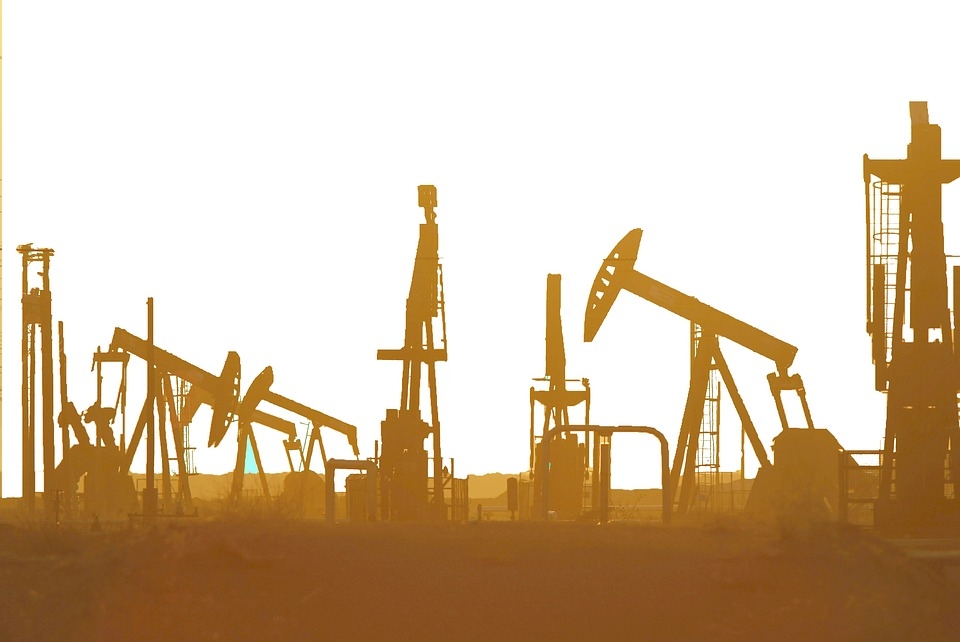
In the UAE, France’s Engie and Abu Dhabi-based renewable energy business Masdar stated they would be investing $5 billion in the country’s green hydrogen industry, aiming for an electrolyser capacity of 2 gigawatts by 2030. And Dubai launched the region’s ‘first industrial scale’ green hydrogen plant. The UAE has stated it plans to achieve a 25 percent share of the global low-carbon hydrogen market by 2030. Meanwhile, Saudi Arabia announced a $7-billion agreement to produce green hydrogen in Oman’s Salalah free zone with ACWA Power and Omanoil and Air Products.
Until recently Qatar did not have plans for a policy framework or measures to increase domestic hydrogen production. Instead, its focus was to export LNG and allow or partner with importers to produce blue hydrogen abroad. However, it was recently announced that Qatar intends to build the world’s biggest blue ammonia plant with a production capacity of approximately 1.2 million tons of ammonia per year which is slated to start production in 2026. Blue ammonia is made from nitrogen and “blue” hydrogen derived from natural gas feedstocks, with the carbon dioxide by-product from hydrogen production captured and stored. Blue ammonia can be used as a low-carbon fuel across a wide range of industrial applications, including transportation, power generation and industries including cement, and fertiliser production and is the favoured mechanism to transport hydrogen over large distances.
The Gulf region is in pole position to become a major producer and exporter of hydrogen. The region boasts enormous renewable energy resources and has the necessary space to produce green hydrogen on large scale, it is close to major demand centres like the European Union and Asia and due to massive cash flows caused by the export of fossil fuels, the Gulf countries have a substantial investment potential at their disposal.
However, Gulf countries are still heavily dependent on the export of fossil fuels. More stringent climate targets might in the long-term heavily reduce the revenues from oil- and gas exports. In this regard, a global uptake of hydrogen is a double-edged sword for the Gulf countries as it can be seen as a significant economic risk to the region.


